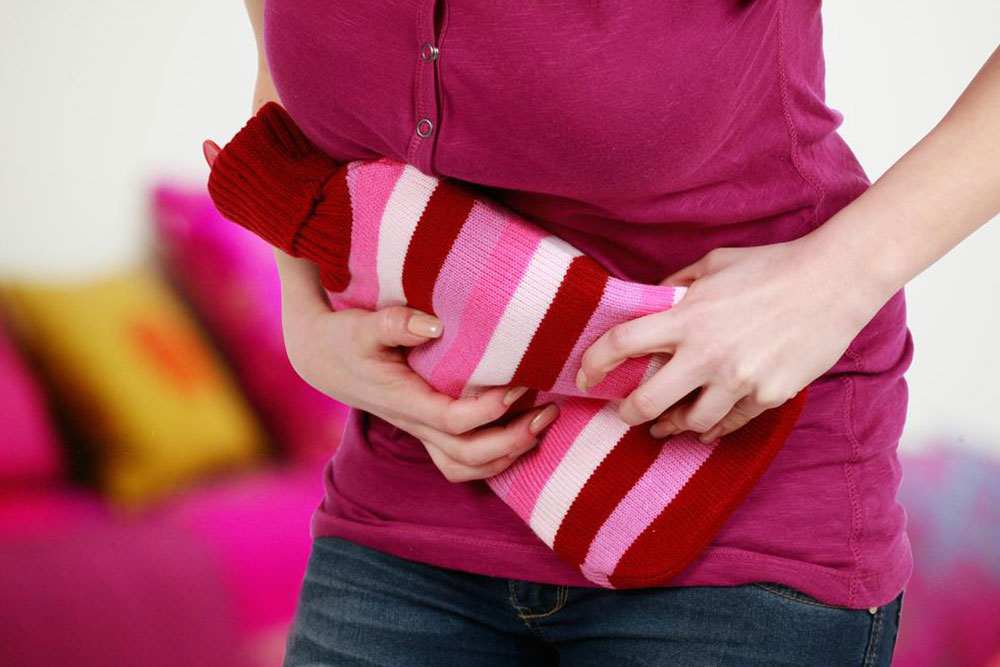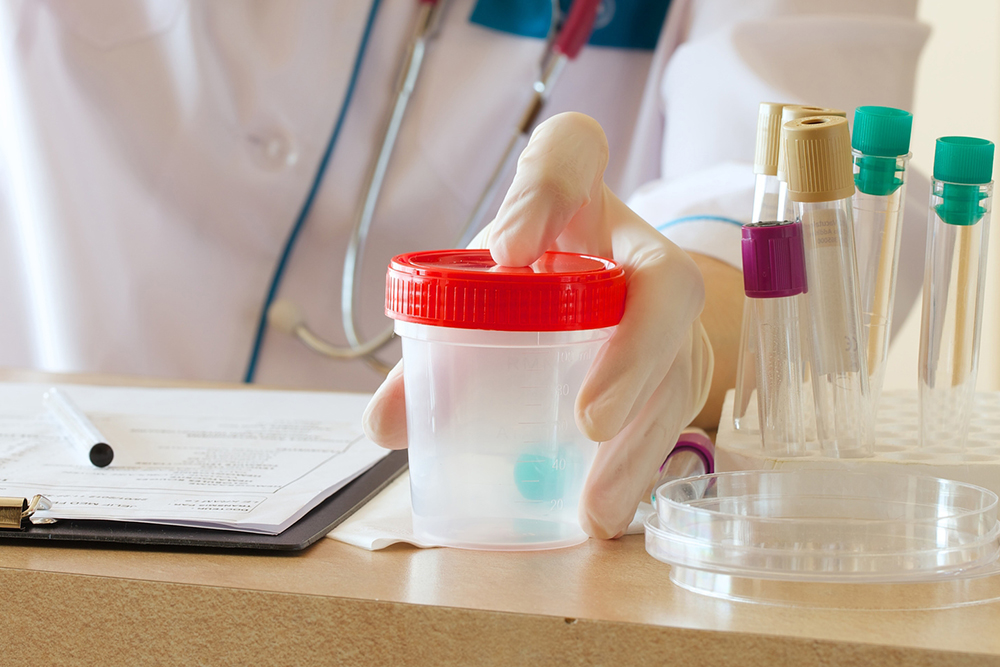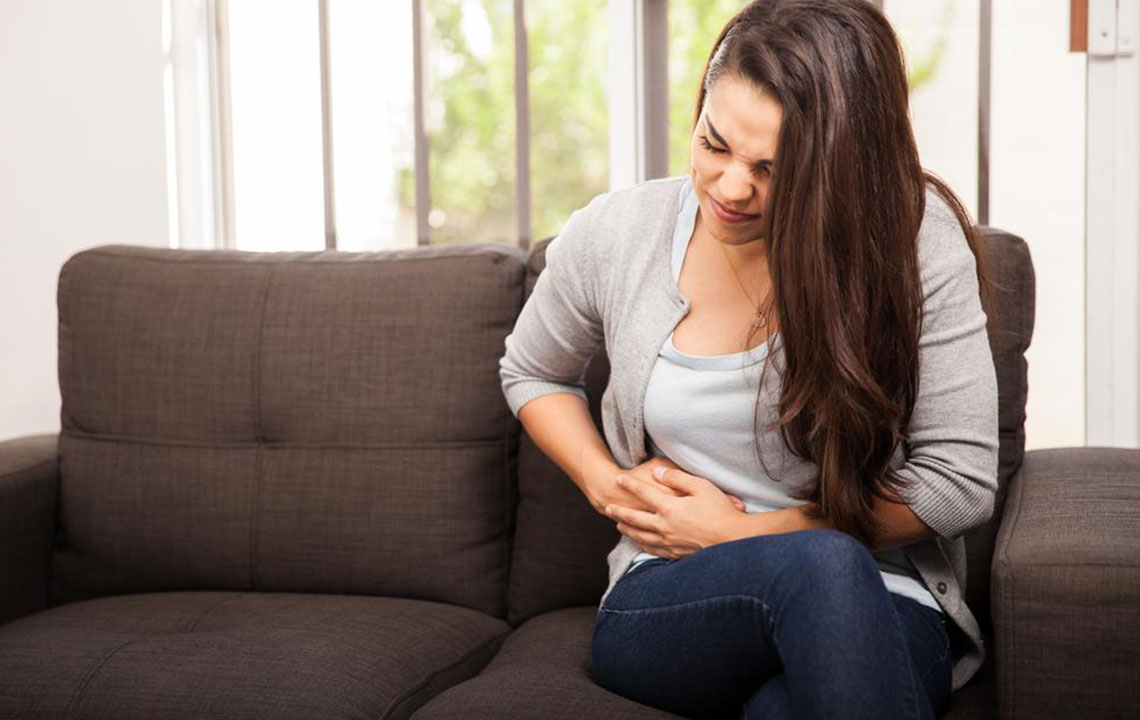Effective Strategies for Managing Urinary Tract Infections
This article explores effective methods to manage and treat urinary tract infections, emphasizing the importance of medical consultation and home remedies. It covers causes, symptoms, and prevention tips to help individuals address UTIs promptly and safely. Proper diagnosis and treatment are essential, with practical advice on hydration, diet, and lifestyle to facilitate recovery. Understanding UTIs can empower individuals to seek timely care and reduce complications, promoting healthier urinary health.

Effective Strategies for Managing Urinary Tract Infections
Are you or someone you know dealing with a urinary tract infection? Remain calm! This condition is common and treatable. Often, simple home remedies can alleviate symptoms, but medical intervention might be needed to avoid complications. Consulting a healthcare professional is always the best course of action for proper diagnosis and treatment of UTI.
A urinary tract infection (UTI) is caused by bacterial invasion affecting the urethra, kidneys, ureters, and bladder. Since this system manages urine production and elimination, any infection here may cause discomfort.
The principal bacteria responsible for most UTIs is Escherichia coli (E. coli). Importantly, this infection is not contagious.
Key causes of UTI
Bacteria entering the urinary tract during sexual activity
Using unclean or unhygienic bathroom facilities
Kidney stones blocking urinary pathways
Individuals with weakened immune systems, such as diabetics
Medical procedures like urinary catheterization or chemotherapy
Holding urine for long periods increases the risk of infection.
Conditions like Parkinson’s disease, spinal injuries, or anatomical abnormalities can contribute to UTIs.
Proper diagnosis is crucial for effective treatment. Women are more prone to UTIs than men due to their shorter urethra proximity to the rectum.
Signs and symptoms of UTI
Recognizing these symptoms can help you seek timely medical care:
Pain or burning sensation during urination
Sudden urges to urinate (bladder spasms)
Frequent urination
Feeling as if the bladder isn't fully empty
Foul-smelling urine
Pain or pressure in the pelvic or lower abdominal area
Blood, cloudiness, or discoloration in urine
Pain during sex
Fever, chills, or fatigue
How to handle a urinary tract infection?
Antibiotics are typically prescribed depending on the infection's extent, medical history, and symptoms. Complete the entire course suggested by your healthcare provider, even if symptoms improve. Besides medical treatment, several home remedies may provide relief:
Hydration – Drinking ample water helps flush bacteria from your urinary system. Be cautious of excessive intake if you have kidney issues. Always seek medical advice.
Usage of heat therapy – Applying a heating pad can soothe pain temporarily. Do not place directly on skin; use it for limited periods to avoid burns.
Diet considerations – Spicy, caffeinated, fizzy, or alcoholic foods may aggravate symptoms. Opt for nutrient-rich and high-fiber foods to promote healing.
Urination habits – Urinate frequently to expel bacteria. Drinking more water facilitates this process.
Clothing choices – Wear loose, clean clothing to reduce moisture and prevent bacterial growth in the genital area.
While these home remedies can ease discomfort, consulting a healthcare professional is essential for effective treatment. Medical history and current medications should always be considered through professional guidance.










